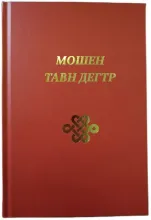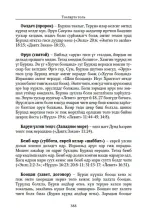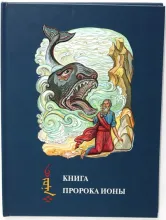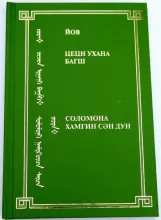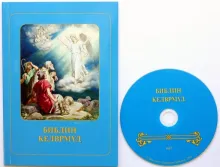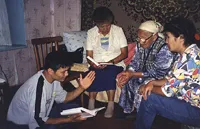Kalmyk
news-05052023
The Institute for Bible Translation (IBT) has published a translation of the Pentateuch into the Kalmyk language. In ancient Hebrew, the first five books of the Old Testament that make up the Pentateuch are called "Torah," which means "instruction" or "learning." Kalmyk readers, most of whom come from the Buddhist tradition, will now be able to discover for themselves the wonderful world of biblical history: the Pentateuch lays the foundation of Old Testament religion with its moral principles, describes the creation of the world and humanity, and tells how sin and suffering came into our world and distorted the relationship between God and people.
The first book of the Pentateuch, Genesis, was previously translated into Kalmyk and published in 2005. The other four books (Exodus, Leviticus, Numbers and Deuteronomy) were translated between 2017 and 2022...
newsletter-010621
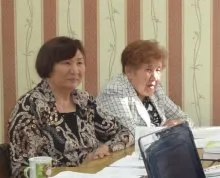
news-201119
The Institute for Bible Translation continues to publish Old Testament books in the Kalmyk language. It was decided that the book of the Prophet Jonah would appear as a stand-alone illustrated publication. Since the vast majority of Kalmyks are bilingual, it was thought best to provide the Russian Synodal text in parallel with the Kalmyk translation.
news-151018
IBT has translated and published three more books of the Old Testament in the Kalmyk language – Job, Ecclesiastes and Song of Songs.
The Kalmyk people migrated from northwest China to the European part of Russia (the northwest corner of the Caspian Sea) in the early 17th century. Their language is closely related to Mongolian. They are traditionally nomadic cattle-herders, and are the westernmost ethnic group that practices Buddhism as their traditional religion. According to the 2010 census of the Russian Federation, there are more than 180,000 ethnic Kalmyks, with about 80,000 of them still speaking their native language.
new-pub-180216
One of IBT’s newest publications is an illustrated edition of Bible Stories in the Kalmyk language. This is a collection of 58 short narratives taken from both the Old and New Testaments, beginning with Creation and ending with Revelation. It is a significantly revised and shortened form of the Children’s Bible, which IBT published in Kalmyk in 1998. Even though Kalmyk is an endangered language (only 44% of the ethnic Kalmyk population can speak their language), there has been a serious revitalization movement in progress among the Kalmyks over the past decade. One of the multitalented young activists in this movement who is working to strengthen her mother tongue is Elistina Shinyakaeva...
newsletter-1112

news-01.01.03
The Kalmyks number about 200,000. They live in the Republic of Kalmykia in southern Russia. The Kalmyk language belongs to the Mongolian language family. The Kalmyks are Buddhists.

